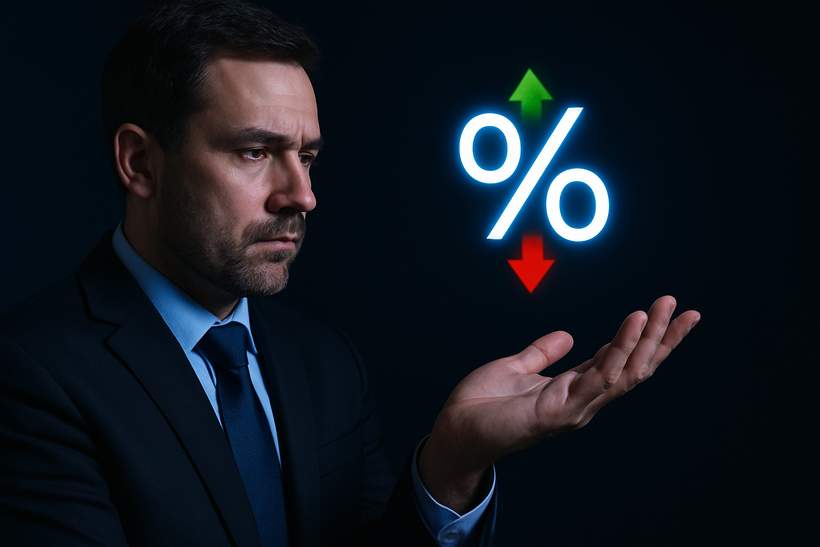UK Government Advances with Gambling Tax Increase Plans

Government Pushes Forward on Gambling Tax Increase
The UK government is determined to proceed with plans to increase taxes on gambling operators. Despite concerns from industry leaders about potential negative impacts such as job losses, players turning to unlicensed websites, and reduced funding for British sports, lawmakers are reviewing a system that would impose higher taxes on the most harmful forms of gambling.
Significant Concerns Over Addictive Nature of Online Gambling
Recently, the Treasury Select Committee advised the government to move past what it called “industry fearmongering” and to establish tax rates that reflect the growing social damage caused by online gambling. This recommendation comes as Chancellor Rachel Reeves prepares to deliver her first Budget amid pressures to manage the UK’s financial challenges.
The cross-party committee, led by Dame Meg Hillier, highlighted that online gambling now represents nearly half of the country’s gambling income. Unlike traditional gambling activities such as horse racing and bingo, often considered safer, online casinos and virtual slot games have fostered a new wave of frequent and high-loss gambling behavior.
Online betting platforms are taking substantial amounts of money from individuals who have been drawn into the most addictive and harmful parts of the industry through their interest in sports or casual games like bingo.
Dame Meg Hillier, Chair of the Treasury Select Committee
Through extensive evidence sessions, the committee explored the need to balance taxation, economic development, and social responsibility. They rejected the idea that higher taxes would drive people toward unregulated operators and instead called for stronger measures against illegal offshore gambling sites.
Industry Pushback Against Proposed Tax Raises
Leaders from the gambling sector remain strongly opposed to the proposed tax increases. Grainne Hurst, CEO of the Betting and Gaming Council, stressed that the regulated gambling industry is already heavily taxed, contributing approximately �£4 billion annually to the Treasury and supporting over 100,000 jobs. She warned that raising taxes further could have broad economic repercussions.
Hurst also noted that the industry invests significantly in responsible gambling initiatives such as affordability checks, setting stake limits, and using data analytics for player monitoring. However, the Treasury Select Committee was skeptical of these claims, criticizing the industry’s denial of social harms and highlighting tactics where gambling companies utilize player data and behavior patterns to encourage prolonged play and increased losses.
The visible effects of problem gambling on our communities are undeniable, and the industry’s firm assertion that it causes no social harm is astonishing.
Dame Meg Hillier, Chair of the Treasury Select Committee
The upcoming Budget announcement from Chancellor Reeves may clarify whether online casino and slot games will be subject to higher tax rates compared to sports betting. Treasury insiders indicate a move towards a tiered tax system based on the relative harm of different gambling products. With the government showing no signs of budging under industry pressure, uniform gambling taxation could soon be a thing of the past.